Senior Pet Care in Minneapolis, MN | Minnehaha Animal Hospital
As our beloved pets age, their needs evolve, requiring extra attention and specialized care. At Minnehaha Animal Hospital in Minneapolis, we provide compassionate, expert care for senior dogs and cats. Our senior pet care focuses on preventive care, early detection of health issues, and personalized treatment plans to help your pets enjoy a comfortable and happy life in their later years.
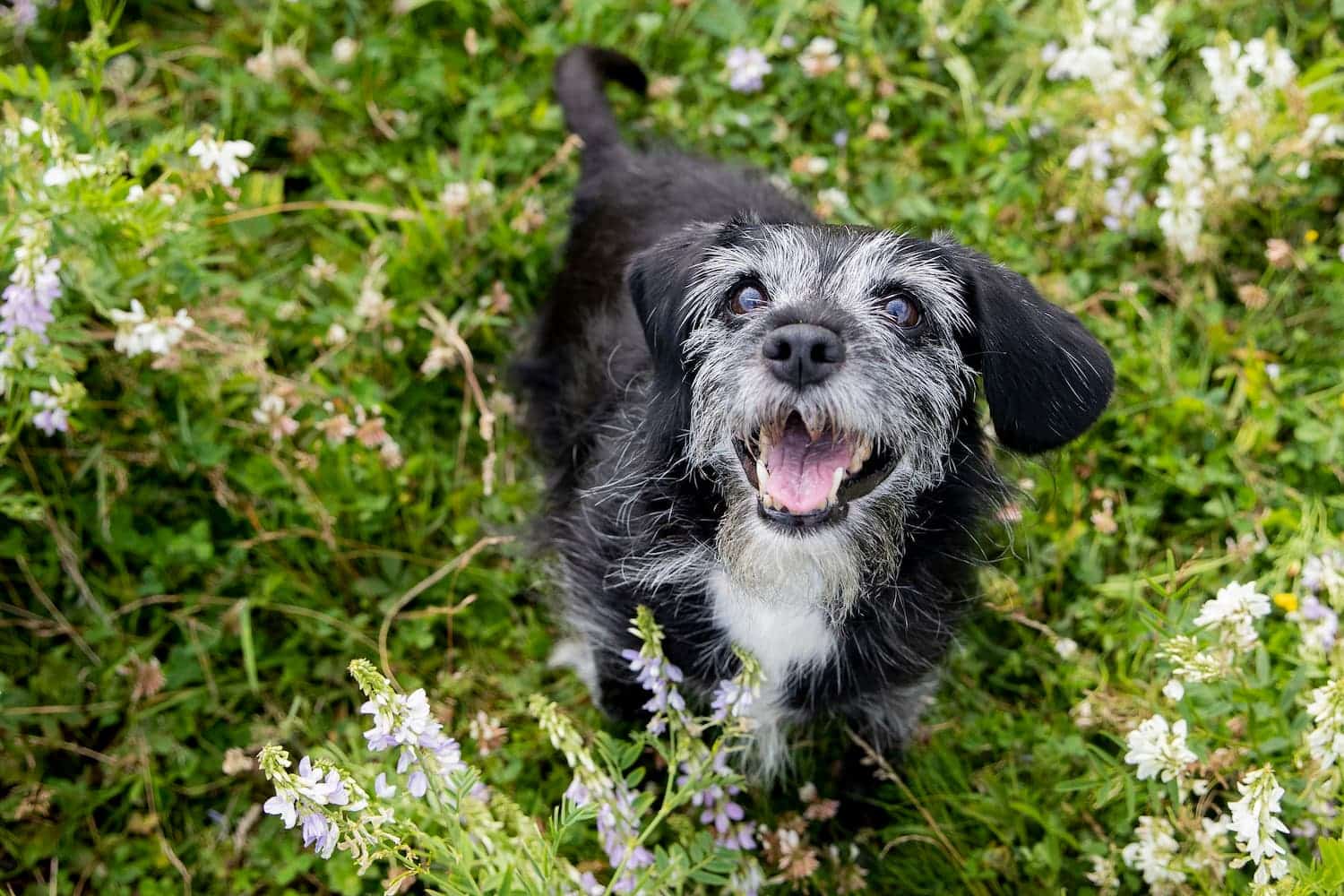
Key Reasons to Prioritize Senior Pet Care
As pets age, they face various health challenges like arthritis and behavioral changes. Regular senior wellness exams are essential for early detection and treatment, helping to reduce discomfort and prevent complications. At Minnehaha Animal Hospital, we recommend twice-yearly checkups to monitor your pet’s health and create personalized care plans to keep them healthy and active as they age. Early diagnosis and proactive management are key to improving their quality of life.
Common Health Issues in Senior Pets
Common Health Issues in Senior Pets
Arthritis and joint pain: Stiffness and decreased mobility can be signs of joint inflammation or arthritis. Left untreated, this can severely impact your pet’s quality of life.
Changes in weight or appetite: Aging pets may experience changes in metabolism, leading to weight gain or loss. Nutritional needs also shift, and it’s important to adjust their diet accordingly.
Declining vision or hearing: Sensory changes are common in older pets and can lead to anxiety or disorientation, especially in new environments.
Increased risk of illness and disease: Senior pets are more susceptible to chronic conditions like diabetes, kidney disease, and dental problems. Regular monitoring helps manage these conditions effectively.
By focusing on early diagnosis, we can prevent or minimize the impact of these conditions on your pet’s overall health.
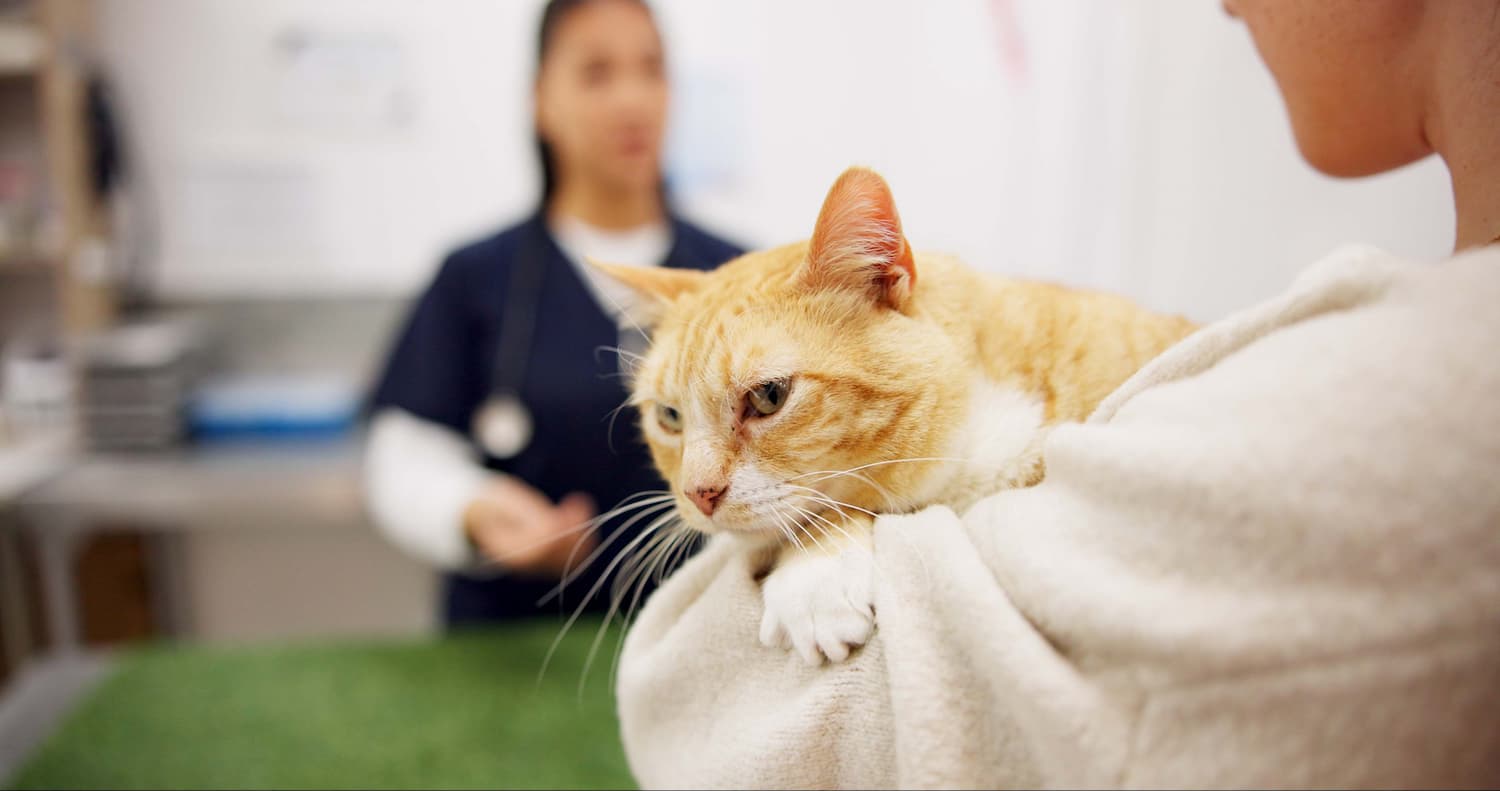


Senior Pet Health Assessments and Monitoring
At Minnehaha Animal Hospital, we recognize the specialized care senior pets need as they age. Our senior wellness exams monitor your pet’s health, detect early issues, and create tailored treatment plans using diagnostic tests, physical exams, and lifestyle assessments to keep them healthy and happy. This includes:
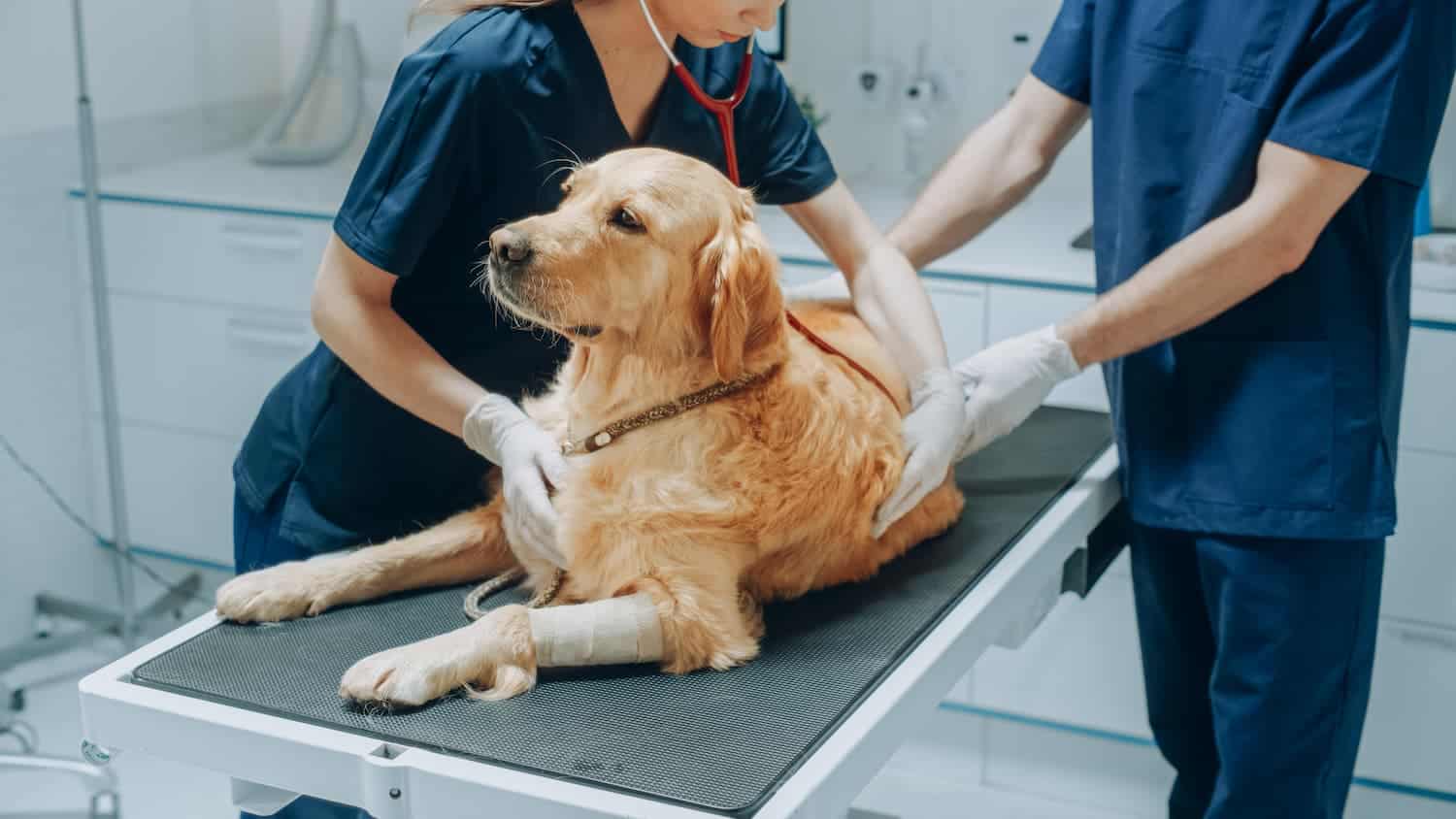


Bloodwork and urinalysis: These tests help detect hidden issues such as kidney disease, diabetes, or liver problems that may not yet be visible externally.
Joint pain assessment: Many older pets suffer from arthritis or joint inflammation, which can make movement painful. We assess your pet’s mobility and recommend treatment options to ease discomfort.
Nutritional evaluation: As pets age, their dietary needs change. Our veterinarians will help you adjust your pet’s diet to ensure they receive the proper nutrients for their age, weight, and health condition.
Screening for signs of disease: From cancer to heart disease, early detection of common senior pet conditions is crucial. We look for subtle signs such as hesitancy on stairs, stiffness after resting, or difficulty getting up, which may indicate underlying health concerns.
Twice-yearly checkups allow us to catch and treat these issues before they become severe, ensuring a higher quality of life for your senior pets.
Managing Common Conditions in Senior Pets
As your pet ages, they may develop specific conditions that require long-term management. At Minnehaha Animal Hospital, we offer treatment options and lifestyle adjustments for your senior pet to ensure their comfort. Early detection and proactive veterinary care help improve their quality of life. Some of the most common challenges include:
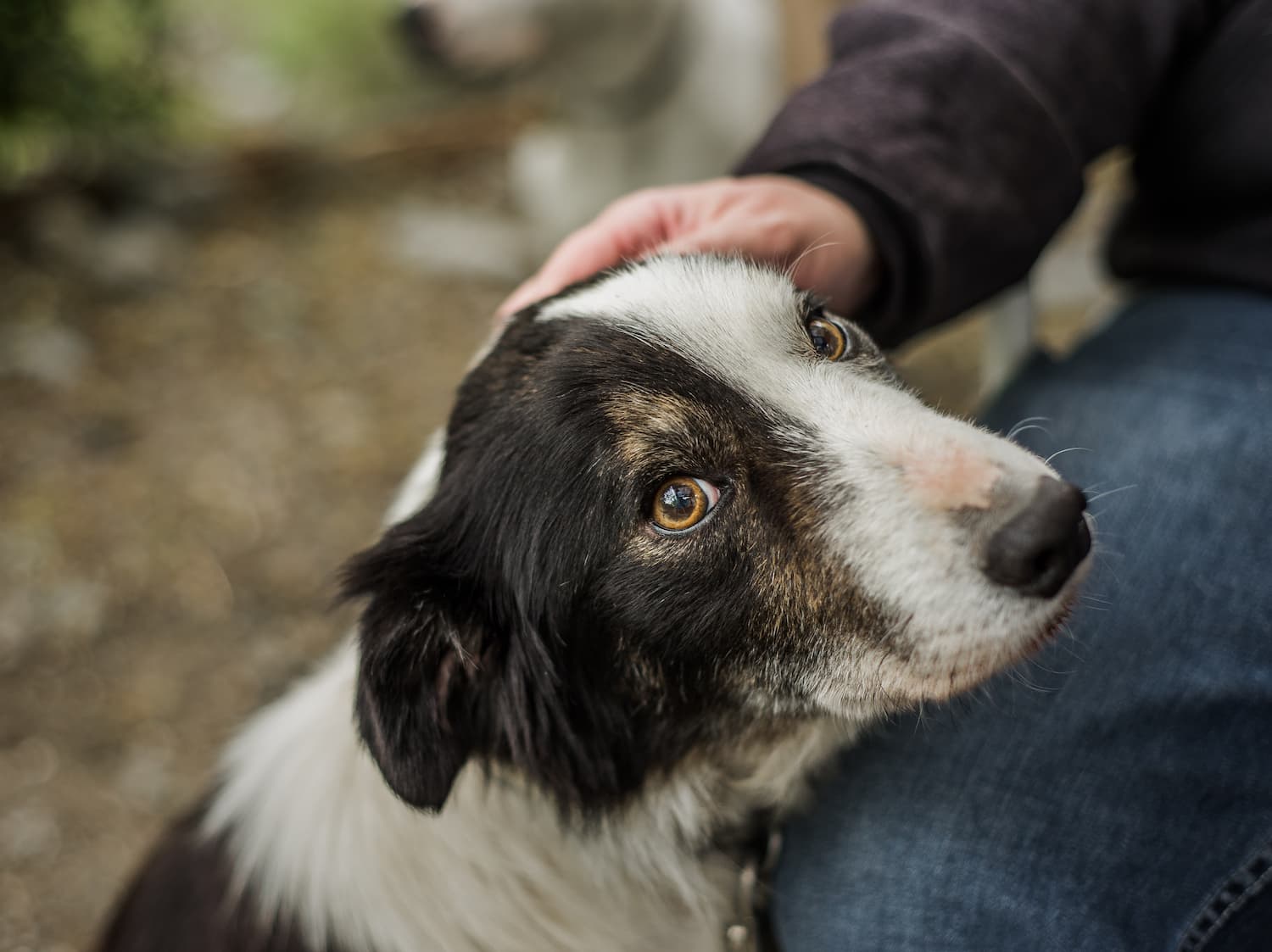
Arthritis and Joint Pain
Arthritis is a common issue in aging pets, particularly large dogs, caused by the breakdown of joint cartilage, leading to pain, stiffness, and inflammation. Symptoms include difficulty climbing stairs, limping, stiffness after rest, reluctance to play, and vocalizing pain when touched.
Treatment options include:
Dietary changes with omega-3 fatty acids and glucosamine to reduce inflammation and support joint health.
Joint supplements like glucosamine and chondroitin.
Pain medications such as NSAIDs for advanced arthritis.
Exercise modifications to prevent overexertion, with low-impact activities like swimming.
Physical therapy including massage and stretching, to improve joint mobility.
A tailored approach combining these treatments can help manage arthritis and improve your pet’s quality of life.
Nutritional Needs for Senior Pets
As pets age, their nutritional needs change. Senior pets require fewer calories due to lower activity levels but still need nutrient-rich diets to support their aging bodies.
Key dietary adjustments include reducing calorie intake to prevent obesity, increasing fiber for digestive health, adding joint-supporting nutrients like glucosamine, ensuring adequate protein, and promoting hydration. These adjustments help manage age-related issues such as arthritis, organ dysfunction, and dehydration, supporting overall health as pets age.
Pain Management and Monitoring
Managing chronic pain in senior pets is crucial, especially for conditions like arthritis and dental disease. It’s important to recognize subtle signs of pain, such as reluctance to move, changes in behavior, or vocalizing when touched.
Early intervention allows for effective pain relief through medications like NSAIDs, supplements like glucosamine, physical therapy, and comfort modifications like padded bedding. A holistic approach ensures senior pets remain comfortable and maintain a good quality of life.
Environmental Sensitivity
Older pets are often more sensitive to environmental factors, particularly extreme weather. In Minneapolis, cold winters can worsen arthritis, so it’s important to keep pets warm and minimize outdoor time, while icy surfaces can increase the risk of injury. In humid summers, dehydration and heatstroke are concerns, so ensure pets stay hydrated and avoid walks during peak heat.
It’s important to adjust your senior pet’s routine based on the weather and their energy levels. During extreme temperatures, shorten walks and watch for signs of fatigue. Always keep them hydrated, especially in the summer, by bringing water on walks. Opt for early morning or evening walks during hot weather and limit midday outings in winter to keep them comfortable.
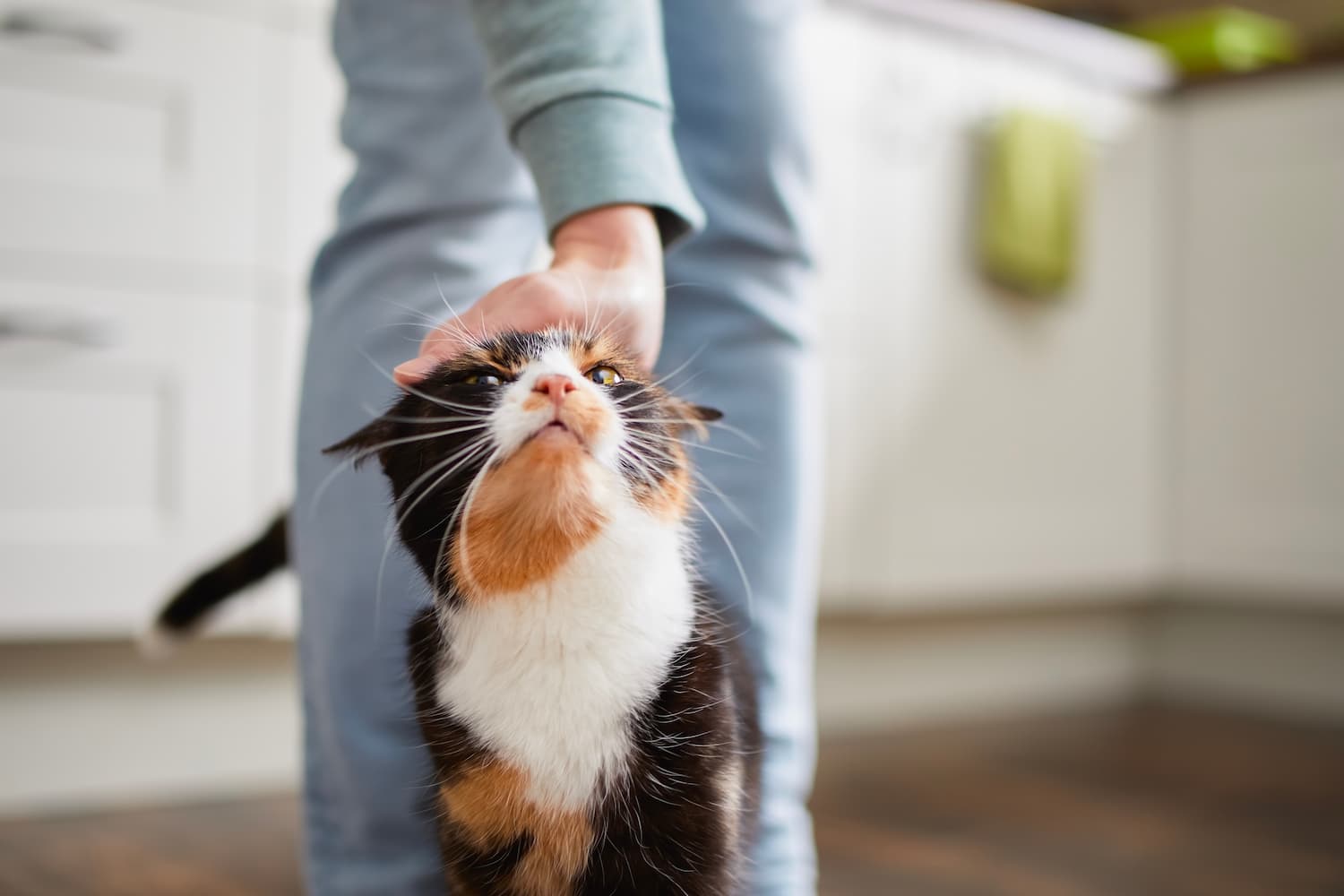


Proactive Senior Pet Care Recommendations
Taking a proactive approach to caring for senior pets is essential to ensuring they lead long, healthy, and happy lives. By closely monitoring their health, adjusting their lifestyle as needed, and being attentive to signs of discomfort or illness, pet owners can greatly enhance their senior pet’s quality of life. At Minnehaha Animal Hospital, we suggest the following proactive measures to support your aging dog or cat:
Regular Wellness Exams: Regular twice-yearly checkups are vital for senior pets to detect early signs of arthritis, kidney disease, or diabetes, allowing veterinarians to monitor their health and address issues promptly with physical exams and bloodwork.
Monitoring for Pain and Discomfort: Since senior pets often hide pain from conditions like arthritis or dental disease, watching for subtle changes in movement or behavior and addressing them early can significantly improve their quality of life.
Adjusting Diet and Supplements: Tailoring your senior pet’s diet to reduce calories and adding joint supplements helps prevent weight gain, manage arthritis, and ensure they receive the nutrients needed for overall health.
Careful Attention to Environmental Factors (Weather): Senior pets are sensitive to extreme weather, so it’s important to shorten walks in cold or hot conditions, provide proper protection, and ensure they stay hydrated to maintain comfort year-round.
Hydration and Monitoring for Fatigue: Senior pets are at greater risk of dehydration, so it’s essential to offer fresh water regularly and watch for signs of fatigue to prevent serious health issues like heatstroke or kidney disease.
At Minnehaha Animal Hospital, we work closely with you to create a customized care plan that addresses your pet’s specific needs as they age. Our goal is to ensure that your senior dog or cat enjoys their later years with as much comfort and happiness as possible.
Ensure Comfort and Health for Your Senior Pet | Schedule an Exam Today!
As your pet enters their senior years, regular care becomes even more important. At Minnehaha Animal Hospital, we are here to provide expert care and support for your aging pets. Schedule an appointment today to discuss your senior pet’s health and create a plan tailored to their needs.
For more information or to book your senior pet’s next wellness exam, call us at (612) 825-4427, or use our online booking system to schedule an appointment.
Frequently Asked Questions About Senior Pet Care
How often should my senior pet have a check-up?
We recommend that senior pets have wellness exams twice a year. This allows us to monitor their health closely and catch potential issues before they become serious.
What are signs that my senior pet might be in pain?
Signs of pain in senior pets can include reluctance to move, stiffness, growling or yelping when touched, and difficulty getting up from lying down.
How can I help my pet with arthritis?
Maintaining a healthy weight, providing regular moderate exercise, and feeding your pet a diet rich in joint-supporting nutrients can help manage arthritis. Our veterinarians may also recommend supplements and medications to alleviate discomfort.
How can I protect my senior pet during extreme weather?
During cold winters, dress your pet warmly for outdoor walks and limit their time outside. In hot or humid weather, ensure they stay hydrated and avoid overexertion.
What are my senior pet’s changing nutritional needs?
As pets age, their metabolism changes. Our veterinarians can recommend age-appropriate diets to ensure your pet gets the nutrients they need without gaining excessive weight.

